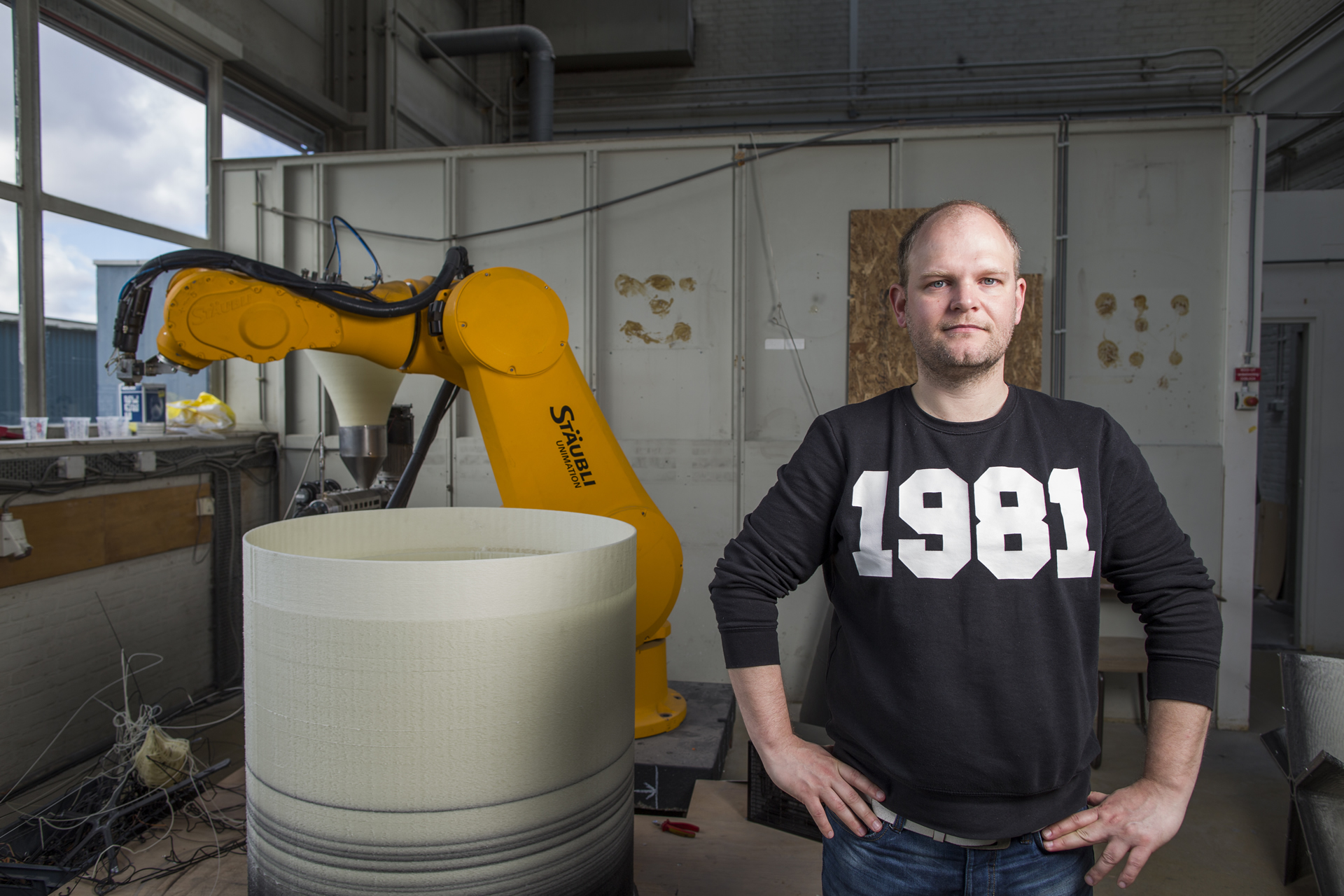Stadsgas for a circular city
A circular economy knows no waste: every residual flow can be used as a resource for a new product. Stadsgas understands this very well. They work magic transforming refuse into biogas and electricity, and the organic fertilizer that is formed as a by-product can be used in several urban gardens in Rotterdam.
Hub of Sustainability
And if that is not circular enough, Stadsgas distributes a share of the profits to community initiatives that contribute to a sustainable society, and the biomass digester of Stadsgas – the installation that converts residual waste into electricity and biogas – is known as the Hub of Sustainability of the Vierhaven district in Rotterdam.
Bioplastics
As a circular initiative, Stadsgas is productive as well as resourceful. The organization is currently conducting research into the possibilities of processing residual flows into other high-quality products, such as bioplastics.
Wasted resources
By expressing the value of refuse in clear and unambiguous terms, Stadsgas wants to spark off a shift in the mixed combustion of organic and inorganic waste, as valuable resources are wasted in this process.
Knowledge already at hand
The fact that waste separation is still relatively expensive does not prevent Stadsgas from tackling the issue without delay. The infrastructure needed for inexpensive, local waste processing may, after all, become available in the near future, and if it does, Stadsgas will be the first to have the knowledge required at hand.
Transformation
In view of their mission to transform food leftovers and plate scrapings into positive energy for the city, Stadsgas predominantly collaborates with local partners. Citizens, hotel and restaurant owners, and businesses can turn to Stadsgas for the disposal of their organic waste. In this manner, the organization transforms the traditional method of household waste combustion into a circular process that will help the city to become cleaner and greener – and perhaps even more neighbourly.





